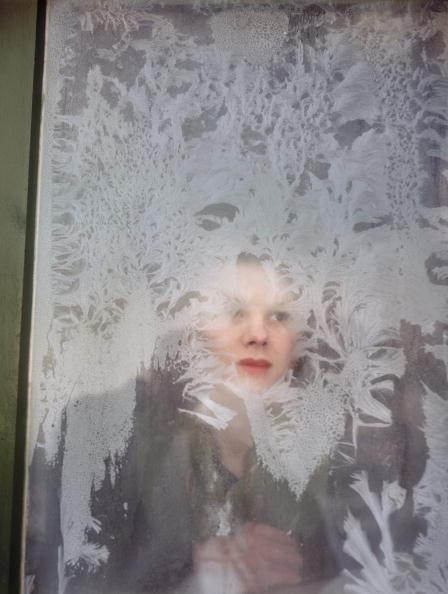
Suffering from SAD? An extensive research suggests that while light therapy works, talking about it is even better.
Also sometimes called the winter blues, seasonal affective disorder (SAD) is a type of depression with a seasonal pattern and that is more pronounced during the winter. It currently affects as much as 500,000 Americans as young as 18 years old. The depressive symptoms can vary in terms of degree, although in its most severe form, it can lead to suicidal thoughts.
SAD is believed to be caused by the decreased amount of bright light brought about by the winter season. With shorter days and longer nights, the body produces more of the sleep hormone melatonin, which previous studies strongly link to depressive symptoms. Thus, one of the existing treatments is light therapy.
The new study conducted by Kelly Rohan, a psychology professor of the University of Vermont, tries to measure the effectiveness of bright light therapy over time, and based on the results, it may be more ideal for an acute SAD episode. To avoid relapse, cognitive behavioral therapy (CBT), wherein sufferers discuss their condition with a professional psychologist who will then modify their negative thoughts and behavior, may be more successful.
In the research funded by the National Institute of Mental Health, more than 150 participants with SAD were provided with either CBT or bright light therapy for a period of six weeks. For the bright light, a light box that had to be used at a certain time daily was given to the subjects.
Based on the results on recurrence, over 45% of light therapy group relapsed after two winters, almost twice the percentage of the CBT group. Moreover, around this time, only 30% of the light therapy group continued using the light box.
The significant difference may be due to the impact caused by each of the treatments. In the long run, using the light box becomes more "burdensome" while CBT gives more sense of self-control.
The entire study is now available as of November 5 in American Journal of Psychiatry. A companion research showing that both methods are effective in the winter they were administered was already published in September in the same journal.



